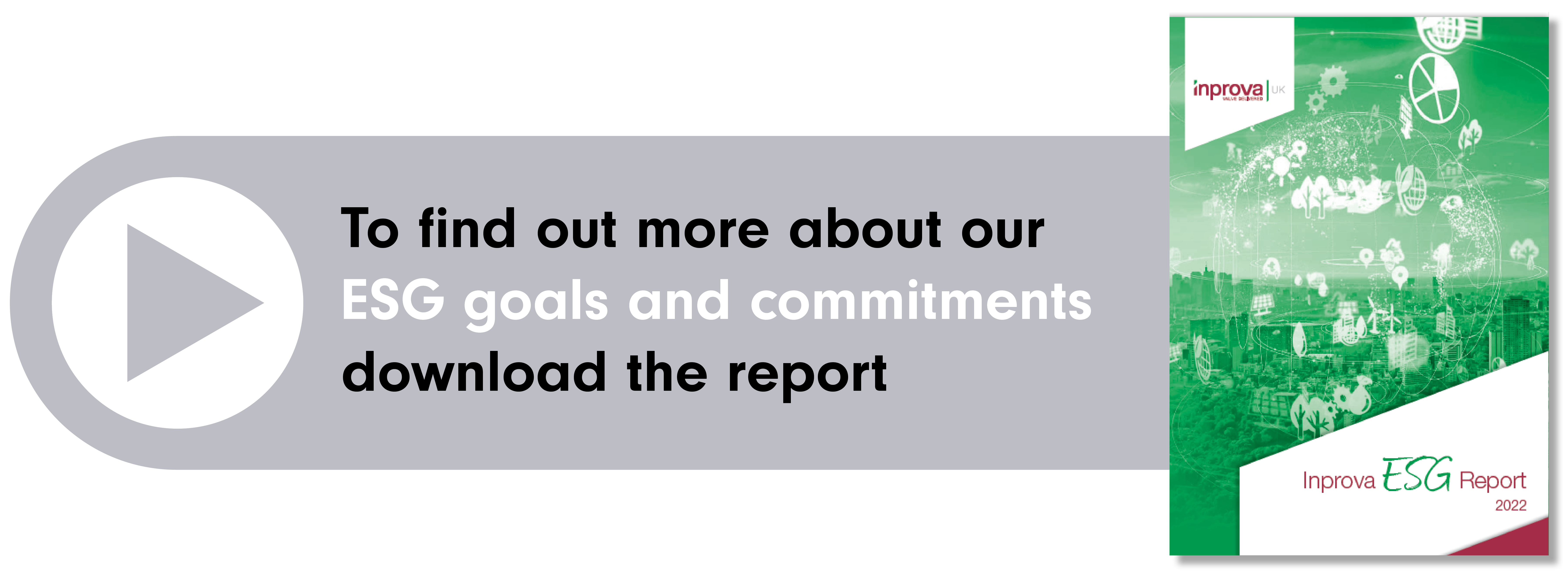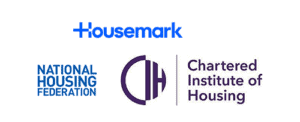We want to become a net zero business. We’ll support our customers and our suppliers to do the same by promoting low and no carbon solutions and nurturing our net zero supply chain.
“If we’re serious, as a business, about becoming net zero and we’re going to shout about it publicly then our actions need to be verified. That means working with an independent, third-party body to give us expertise, support and, potentially, certification around sustainability. This process is all about getting a 360-degree picture of our carbon footprint and then taking action. Although we are a service business we need to look way beyond our immediate costs. Working in social housing and construction – both sectors with significant emissions – we have a responsibility to take our customers and suppliers on this journey too.”
“There’s a good degree of personal responsibility that’s needed if we’re going to achieve this goal. Staff members, as individuals, must sign up to this aim of reducing our collective carbon footprint. We really need to practise what we preach. It’s no good telling customers and suppliers to reduce their emissions if we’re not doing it ourselves. The people at Inprova that I’ve spoken to are very practical about what can be done and I’m hopeful they will take these policies home with them as well.”
What we’re doing
Measuring our carbon emissions:
Influencing customer spend:
Case Study: Addressing the net zero challenge
Housing providers are facing mountainous sustainability targets. All social properties must achieve a standard assessment procedure (SAP) rating of D by 2025, C by 2030 and they must reach net zero by 2050.
As a procurement services provider dedicated to social housing, Inprova is helping providers to meet these targets in the most effective and efficient way.
One way is through our partnership with Building Better, an alliance of 30 housing associations and local authorities increasing the use of modern methods of construction (MMC).
Through our Building Better framework, we’re supporting housing organisations to develop new homes that meet sustainability standards from day one, without the need for future upgrades. Homes built through the framework are EPC band B and above, with no gas connection and can quickly meet the government’s ‘zero carbon ready’ Future Homes Standard.
But Inprova isn’t just reducing emissions through new builds. A significant 80% of the homes we will be occupying in 2050 already exist. That means retrofitting current stock must be a priority and our teams are working hard to support social landlords through a range of frameworks covering Renewables, Energy Efficiency Standard for Social Housing Two (EESSH2) in Scotland and Social Housing Emerging Disruptors (SHED) – which helps providers to procure innovative retrofit technology.



